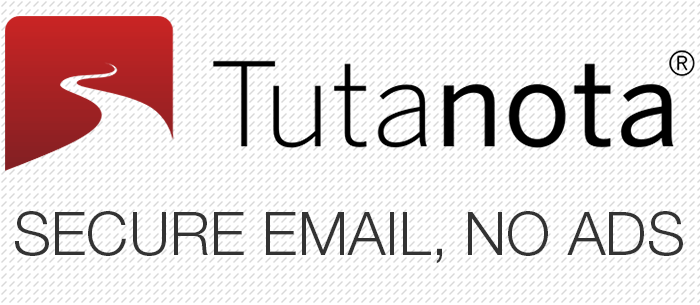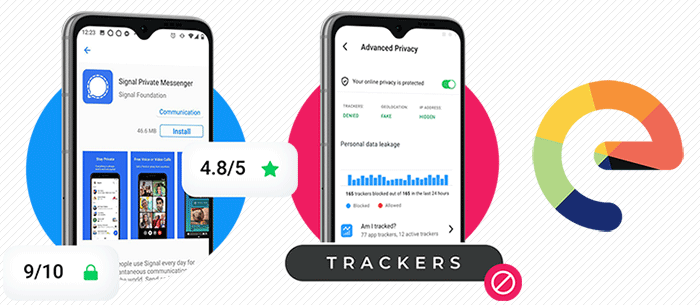
Home Anonymous Operations Civil Liberties in the Digital World Security Alert: Sextortion is on the rise
Friday 24 January 2020
January 21, 2019. The latest report from cybersecurity company Symantec shows that extortion scams are on the rise.
The company blocked almost 300 million emails of this type in the first five months of 2019. The time-tested scams are making a comeback with new variations, and sextortion is currently the most popular technique to use against internet users. According to a report by The Hacker News, a decade-old Phorpiex botnet, which currently controls over 450,000 computers worldwide, has recently been sending sextortion emails. The compromised machines are used as proxies to dispatch over 30,000 blackmail messages per hour. Each individual spam campaign can cover up to 27 million potential victims.
“We notice a trend of scammers getting more creative. In a typical sextortion message, anonymous blackmailers would say they have a visual proof of you watching adult content. Now, they have started including passwords or mobile phone numbers in the subject line to scare their potential victims even more,” says Daniel Markuson, the digital privacy expert at NordVPN.
Symantec’s study also found out that criminals often translate extortion messages into foreign languages. Daniel Markuson says that “even though a text received from scammers looks real and personal, it usually isn’t. Most of the time, those threats are badly translated with Google Translate and sent to thousands of potential victims.”
What is sextortion?
In sextortion scams, fraudsters threaten people to share compromising photos or videos of them watching adult content unless the victims pay a ransom. Sextortion is often carried out through email, social media, or text messages, and the scammers demand payments in cryptocurrencies.
Usually, the extortionists claim that they’ve installed a program on a porn website and tracked the victim accessing its content. They might also say they have gotten access to the victim’s web camera.
To make their messages more credible, the criminals have started to reveal their victims’ breached credentials, such as usernames, passwords, or contact details. They usually obtain this information from the dark web, which is full of leaked accounts, or any recent password dumps.
Extortionists’ claims about having compromising material are false in the majority of cases. However, sometimes victims still pay the ransom to avoid huge embarrassment as blackmailers threaten to expose illicit information to everyone on their contact list.
How to protect yourself from sextortion scams.
Daniel Markuson, the digital privacy expert at NordVPN, says that sextortion emails are all about fear and urgency. Therefore, it is essential to stay calm if one of them finds its way into your inbox. “You should never pay extortionists. If you send them money, the requests will likely never stop. Before you send any funds to the scammers, contact the relevant authorities, who will help you in this uncomfortable situation,” reassures the expert.
Don’t open phishing emails and click on dodgy links. In other words, always ignore scammers. If you’ve received such an email, don’t panic. According to the cybercrime expert at NordVPN, you shouldn’t reply but mark the message as spam instead. Don’t download any attachments or click on any links as these might contain malware. In case the email contains any of your identifiable personal information, it is recommended to report it to the police.
Check if your passwords have been leaked.
Extortionists use hacked passwords to make their messages seem more credible. To know if any of your accounts have been compromised and your passwords leaked, Daniel Markuson recommends checking Have I Been Pwned. If any email you receive from strangers includes your password, simply go and change it on the account it came from.
Disable or cover your webcam.
That’s the easiest way to protect yourself from scammers who claim to have any visual evidence of your activity. Either physically cover your webcam (don’t forget about those installed on your laptop or smartphone) with a piece of tape or disable it through settings.
Use antivirus and a VPN.
These tools will protect your devices from malware and man-in-the-middle attacks. Make sure your gadgets have antivirus software installed and update it regularly. If your device is new or hasn’t been infected with malware before, a VPN is a perfect solution for your security. According to Daniel Markuson, VPNs, such as NordVPN, secure all your online connections. If some hackers try to get into your computer and access its webcam, they will face a wall of strong encryption. Just remember to always keep your VPN active when using the internet.
About NordVPN.
NordVPN is the world’s most advanced VPN service provider, used by over 12 million internet users worldwide. NordVPN provides double VPN encryption, malware blocking, and Onion Over VPN. The product is very user-friendly, offers one of the best prices on the market, has over 5,000 servers in 60 countries worldwide, and is P2P friendly. One of the key features of NordVPN is the zero-log policy.
— For more information: nordvpn.com.











